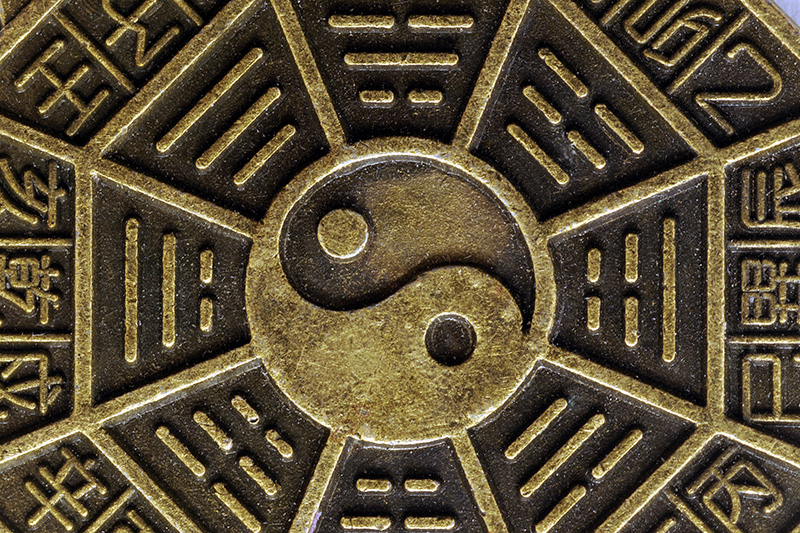Traditional Chinese medicine (TCM) is a system of medical practices that has been used in China for thousands of years. It is based on a holistic approach to health and healing, which views the body, mind, and spirit as interconnected and interdependent.
TCM includes a wide range of practices including herbal medicine, acupuncture, massage, dietary therapy, and exercise, such as tai chi and qigong. These practices are designed to promote balance and harmony in the body and restore the flow of qi throughout the body.
Qi is a concept deeply rooted in traditional Chinese philosophy and culture that is often described as a subtle, invisible force that circulates throughout the body along pathways known as meridians. These meridians connect various organs and systems in the body and are the focus of many traditional Chinese medicine practices such as acupuncture.
Qi is the foundation of health and well-being, and imbalances or blockages in the flow of qi can lead to illness and disease. It is not a physical substance that can be measured or observed directly. Instead, it is a concept used to describe the processes and functions of the body such as digestion, respiration, circulation, and metabolism. It is multifaceted and complex and requires a deep understanding of Chinese medicine and philosophy to fully appreciate its significance and meaning.
Another core principle of TCM is the concept of yin and yang which represent opposing but complementary forces in the universe. In the human body yin and yang are represented by different organs and systems and an imbalance between them is thought to lead to illness and disease.

What is Traditional Chinese Medicine and Qi?

If you are interested in discussing this or anything else please call me on 07789 521282
